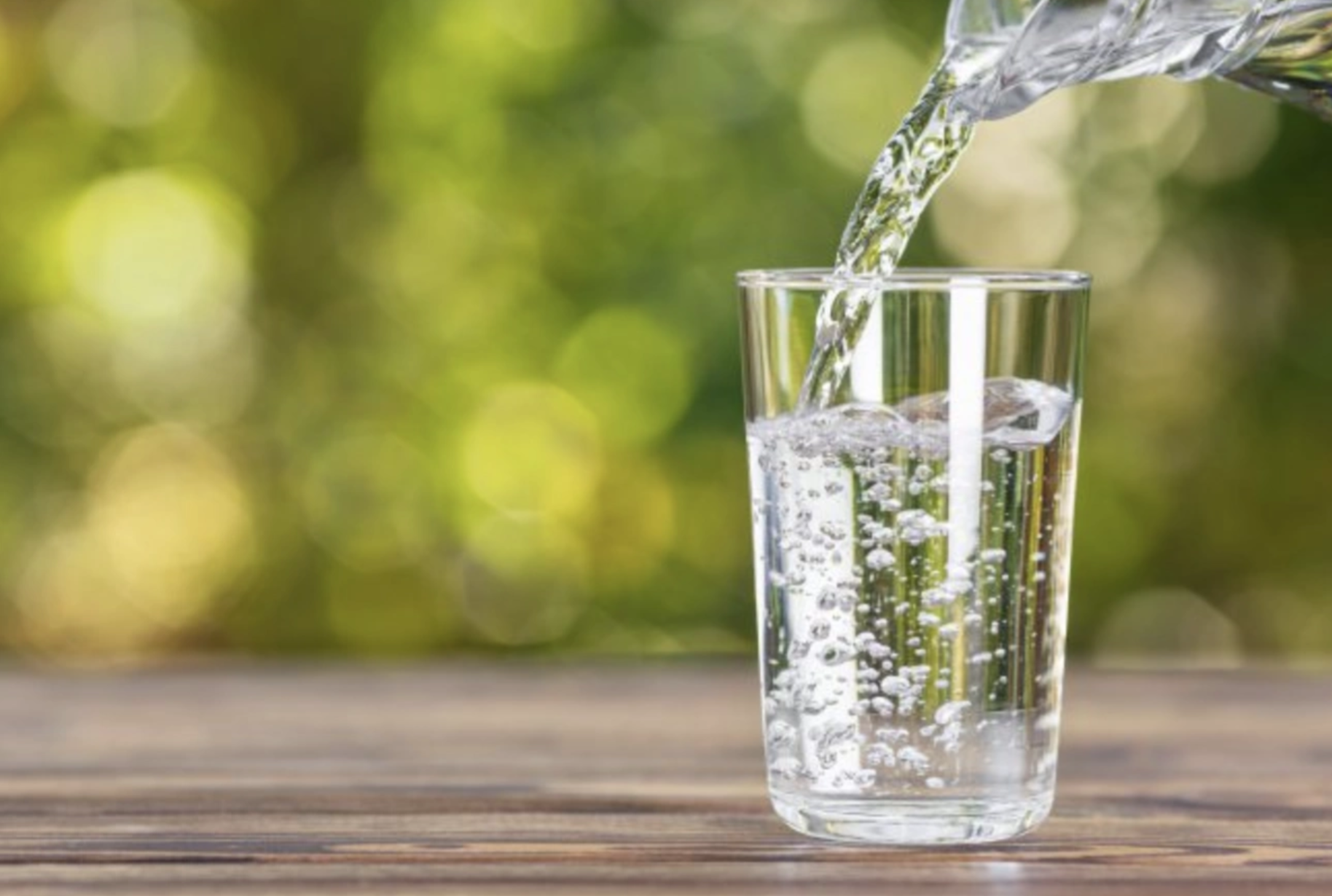Kidneys filter about 189 liters of blood daily, removing waste and excess fluid through urine. Adequate water intake helps kidneys function efficiently, diluting harmful substances like urea, sodium, and toxins. Without enough water, the concentration of these substances can increase, raising the risk of kidney stones, urinary tract infections, and even long-term kidney damage. The buildup of toxins can also lead to various health issues such as high blood pressure, anemia, and bone problems.
Numerous studies have demonstrated a direct link between adequate water intake and better kidney outcomes. A 2021 study revealed that higher water intake is associated with a lower risk of chronic kidney disease (CKD). Another review showed that individuals with higher water intake had a significantly lower risk of disease progression.
However, experts caution that drinking more water isn't always better. Excessive water intake, particularly in those with impaired kidney function, can lead to hyponatremia (a dangerously low sodium level).
So, how much water should you drink daily for healthy kidneys? The advice to drink 8 glasses of water per day (about 2 liters) has long been considered a general guideline, but not a strict medical requirement. In fact, recent findings suggest individual needs vary greatly. Key factors influencing water intake needs include: weight and body size; physical activity level; climate; diet; health conditions; and medications.
According to the Mayo Clinic, daily fluid intake (from all beverages and food) should be: 3.7 liters for men (about 15.5 cups); and 2.7 liters for women (about 11.5 cups). This includes plain water, tea, coffee, fruits, and soups, not just plain water.
For optimal kidney function, doctors generally recommend drinking an average of 1.5 to 2 liters (6-8 cups) of plain water per day for healthy adults. Drink more if you live in a hot climate or engage in strenuous physical activity, and less if you have certain kidney conditions like end-stage renal disease (ESRD).
If you are prone to kidney stones, diluting your urine is crucial. Aim for at least 2.5 liters of urine output per day, which typically requires drinking about 3 liters of water.
 |
For optimal kidney function, doctors generally recommend drinking an average of 1.5 to 2 liters (6-8 cups) of plain water per day for healthy adults. Photo: fmchealth |
For optimal kidney function, doctors generally recommend drinking an average of 1.5 to 2 liters (6-8 cups) of plain water per day for healthy adults. Photo: fmchealth
How do you know if you're drinking enough water? Experts recommend paying attention to your body's signals rather than meticulously counting your water intake.
Here's how to tell if you're adequately hydrated for kidney health:
: Light yellow urine (dark yellow or amber means you need to drink more water).
: Urinating 6-8 times a day.
: Rarely feeling thirsty or having a dry mouth.
: Not feeling sluggish or dizzy – common symptoms of dehydration.
Do coffee, tea, and other beverages count as water? Plain water, herbal tea, low-sugar juices, and even decaf coffee contribute to hydration. Contrary to popular belief, moderate consumption of coffee and tea can be counted toward your daily fluid goals. According to a 2016 study in the American Journal of Clinical Nutrition, caffeinated beverages contribute to daily fluid balance.
However, avoid sugary sodas and energy drinks, as their high sugar and phosphate content can impair kidney function and increase the risk of kidney stones. Alcohol also acts as a diuretic, causing more fluid loss than it provides, so it doesn't count toward your hydration needs.
My Y (According to Times of India)












